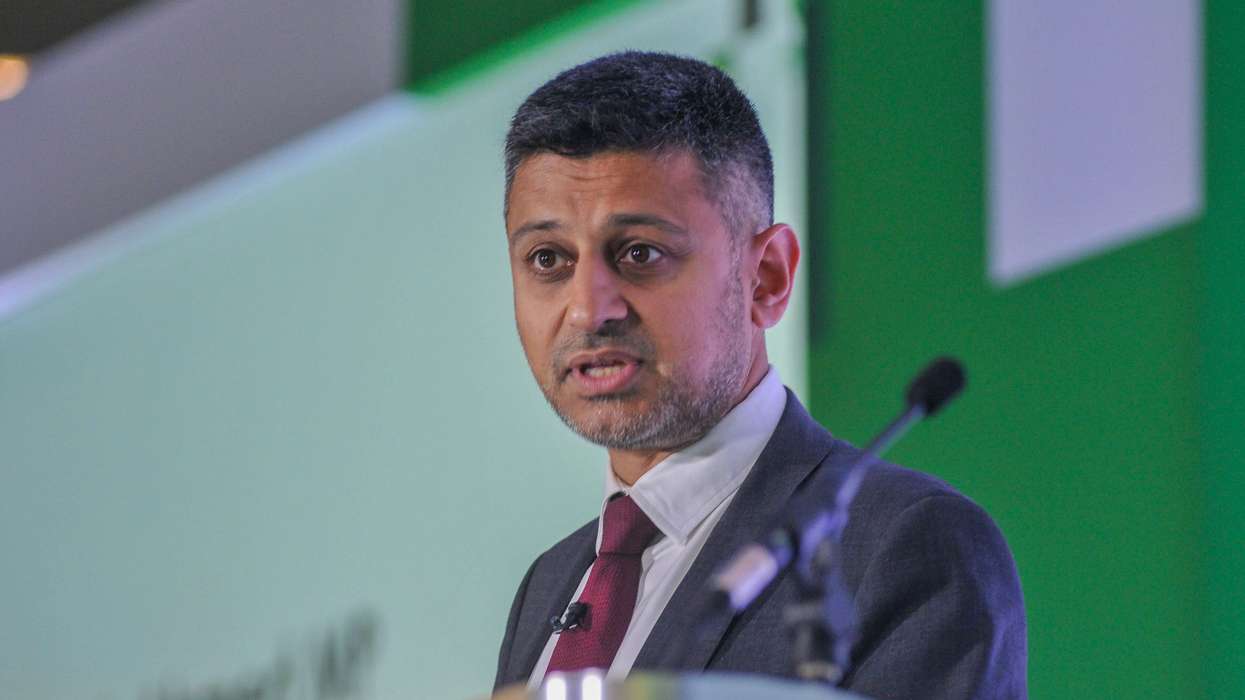The UK government today (September 14) announced the nine groups that are most vulnerable to Covid-19 will be eligible for a third booster dose of vaccine, six months after their second dose.
Health and Social Care secretary Sajid Javid told the Commons that the government has accepted the advice of the Joint Committee on Vaccination and Immunisation (JCVI) on booster jabs, and the NHS is preparing to offer Covid booster vaccine from next week.
Under the booster programme around 30 million people are likely to be offered a third dose.
More than 112,000 lives were saved and 24 million cases were averted because of Covid-19 vaccines, British officials said while recommending a booster shot for all vulnerable people, earlier today.
In its recommendation to the government, the JCVI has given preference to the Pfizer-BioNTech vaccine for the booster programme or alternatively a half-dose of a Moderna shot.
The committee has advised administering booster jab to those living in residential care homes for older adults, adults aged 50 years or over, frontline health and social care workers, adult contacts of immunosuppressed individuals and all those aged 16 to 49 years with serious health condition.
The advice comes ahead of an announcement by the government on its strategy for taming infections during this winter.
Professor Wei Shen Lim, chair of Covid-19 immunisation for the JCVI, said, “the main aim of the booster programme is to prolong that protection and reduce serious disease as we head towards the colder months.
“The JCVI is advising that a booster dose be offered to the more vulnerable, to maximise individual protection ahead of an unpredictable winter. Most of these people will also be eligible for the annual flu vaccine and we strongly advise them to take up this offer as well.”
Commenting on the Covid-19 vaccination booster programme announcement, Ruth Rankine, director of primary care at the NHS Confederation, said: “Our members will welcome confirmation of this final decision following weeks of uncertainty about the plans. Primary care has played a crucial part in the highly successful roll out of the vaccination programme to date and will continue to deliver to protect their patients and the public.”
She, however, noted that delivering booster programme along with the government’s recent decision to vaccinate 12–15-year-olds will require more time and investment.
She said: “we must also acknowledge the amount of time and investment that will be needed to deliver both these programmes alongside the flu vaccination programme, set against what is already an extremely busy time with primary care seeing a huge increase in demand coupled with increasingly complex cases, and managing patients waiting for secondary care treatment.”











